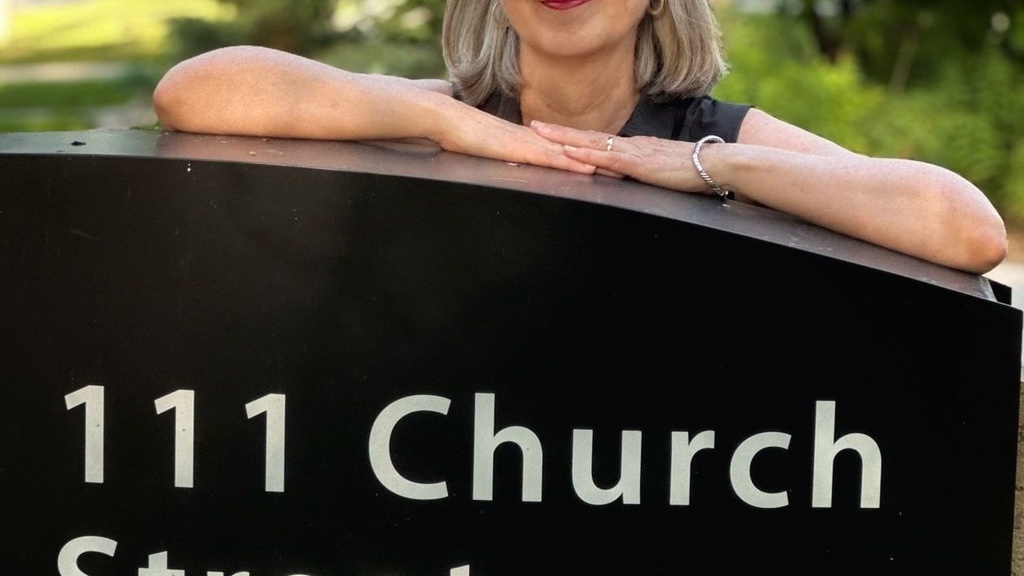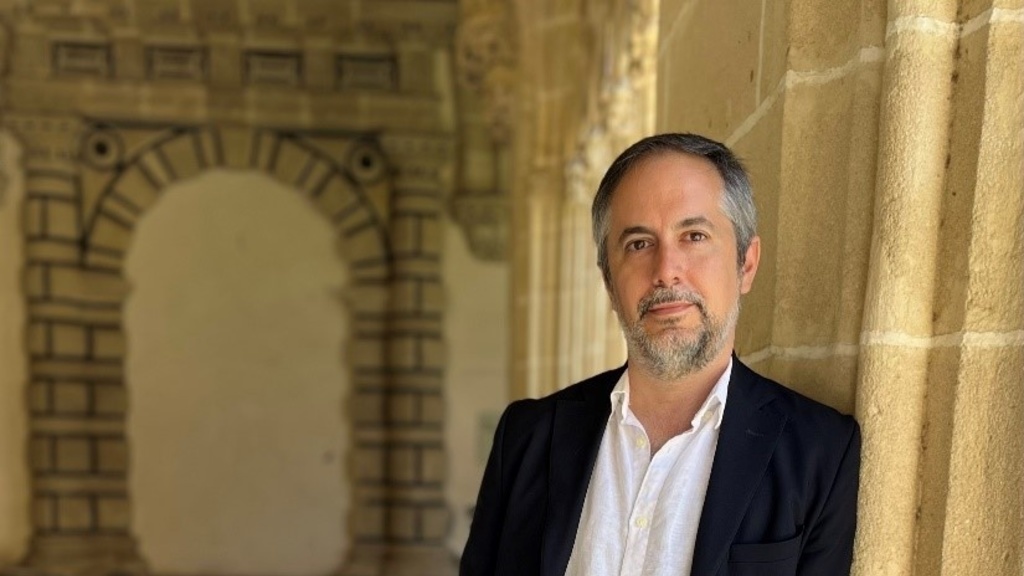Articles from April 2024
Explore the latest news about Obermann programs, events, and our interdisciplinary community of scholars.

Building a World of Possibility
Wednesday, April 17, 2024
In 2010, Professor Teresa Mangum picked up a paintbrush alongside administrator and compatriot Neda Hatami. The two began transforming the Tudor-style house at 111 Church Street into what is now the University of Iowa’s Obermann Center for Advanced Studies. It wasn’t just a fresh coat of paint. From the start of her fourteen-year tenure as director of the Obermann Center—which falls under the auspices of the Office of the Vice President of Research and is located across from the UI President’s residence—Teresa has been building a legacy.
“My favorite thing is watching how people enter the space,” she remarks, speaking about the Center with a mixture of Midwestern lucidity and Southern warmth. “People walk in and you can see them thinking, This is what I thought it would be like to be at a university. The image of people’s faces when they walk in is one of my guiding lights. How do we keep the hope for an intellectual life alive?”

Martín-Estudillo named new director of Obermann Center for Advanced Studies
Monday, April 15, 2024
Luis Martín-Estudillo, professor and collegiate scholar in the Department of Spanish and Portuguese in the College of Liberal Arts and Sciences, will serve as the next director of the Obermann Center for Advanced Studies (OCAS). His appointment will begin July 1.
“We are very excited that Professor Martín-Estudillo has agreed to lead the Obermann Center for Advanced Studies into its next chapter,” said Kristy Nabhan-Warren, associate vice president for research. “He brings a wealth of international connections, fresh ideas, and a proven track record of collaboration across units and disciplines here at Iowa and beyond. The search committee was deeply impressed with his vision for the center, and the campus feedback we solicited confirmed and amplified our excitement for new possibilities for OCAS.”
For more than four decades, the OCAS has served as an interdisciplinary hub for artists, scholars, and researchers who bridge campus with the larger world.